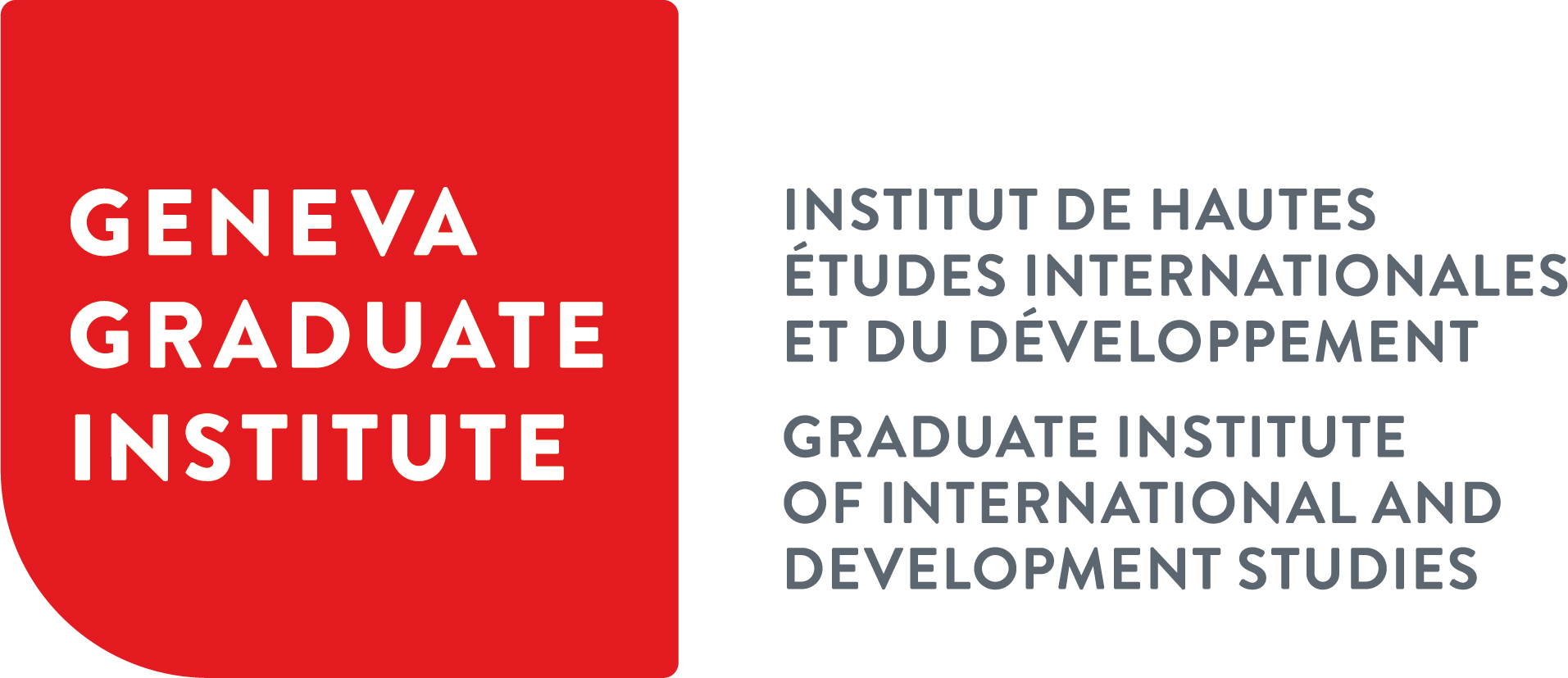Non-International Armed Conflict in Nigeria
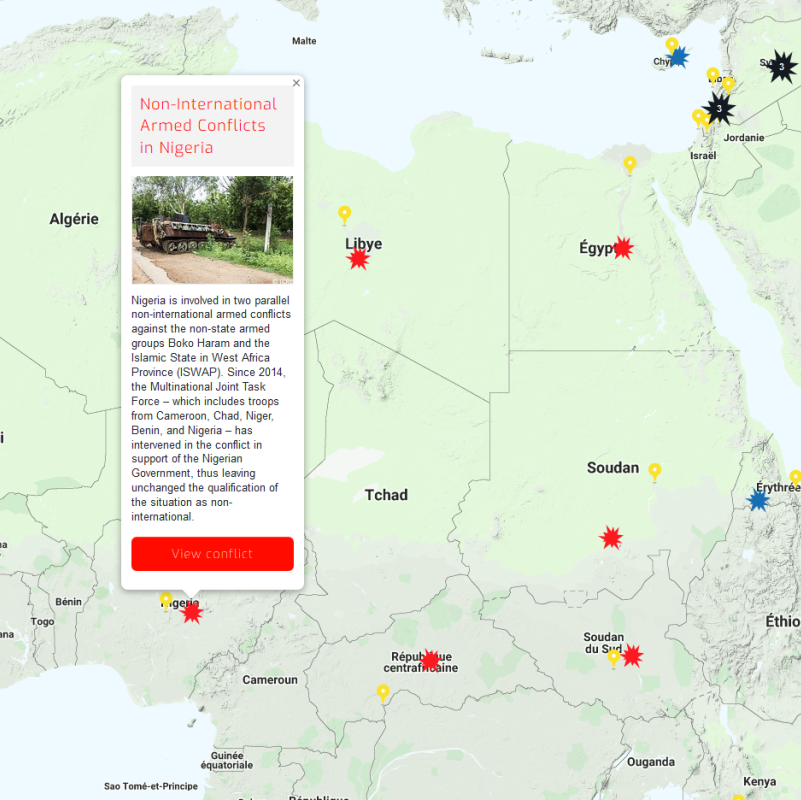
The Islamic State in West Africa Province (ISWAP), a splinter of Boko Haram, has been operating in northeastern Nigeria and along Lake Chad, since it left Boko Haram back in 2016, is engaged in protracted armed violence against the government.
Read onTwo New Non-International Armed Conflicts in Mexico Involving the Sinaloa Drug Cartel
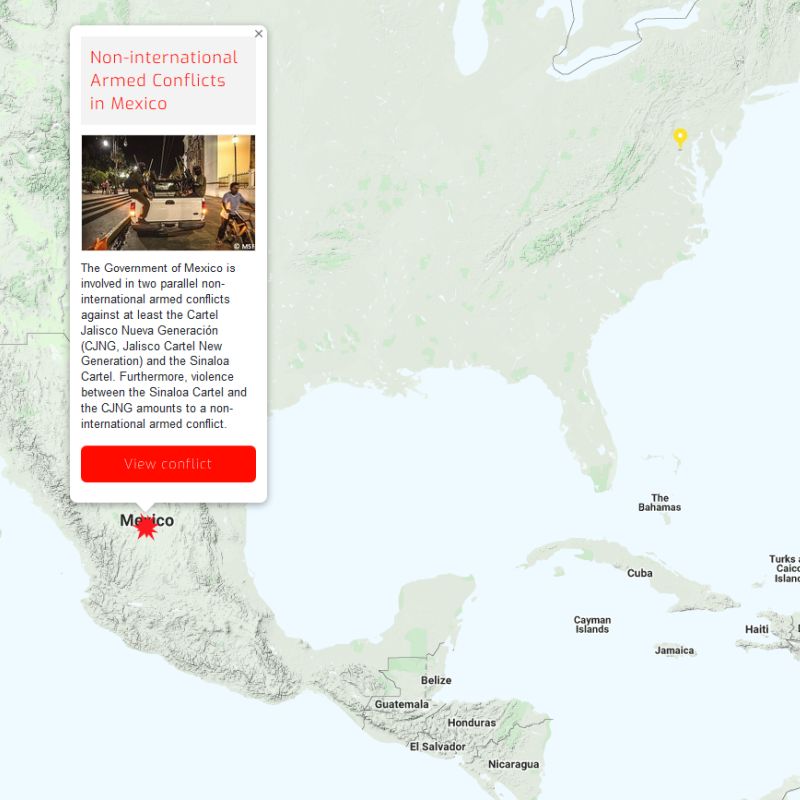
Over the last decades, Mexico has been affected by armed violence between the government and a number of cartels, as well as between such cartels.
Read onNew War Report Article Analyses the June 2019 International Armed Conflict Between Iran and the USA
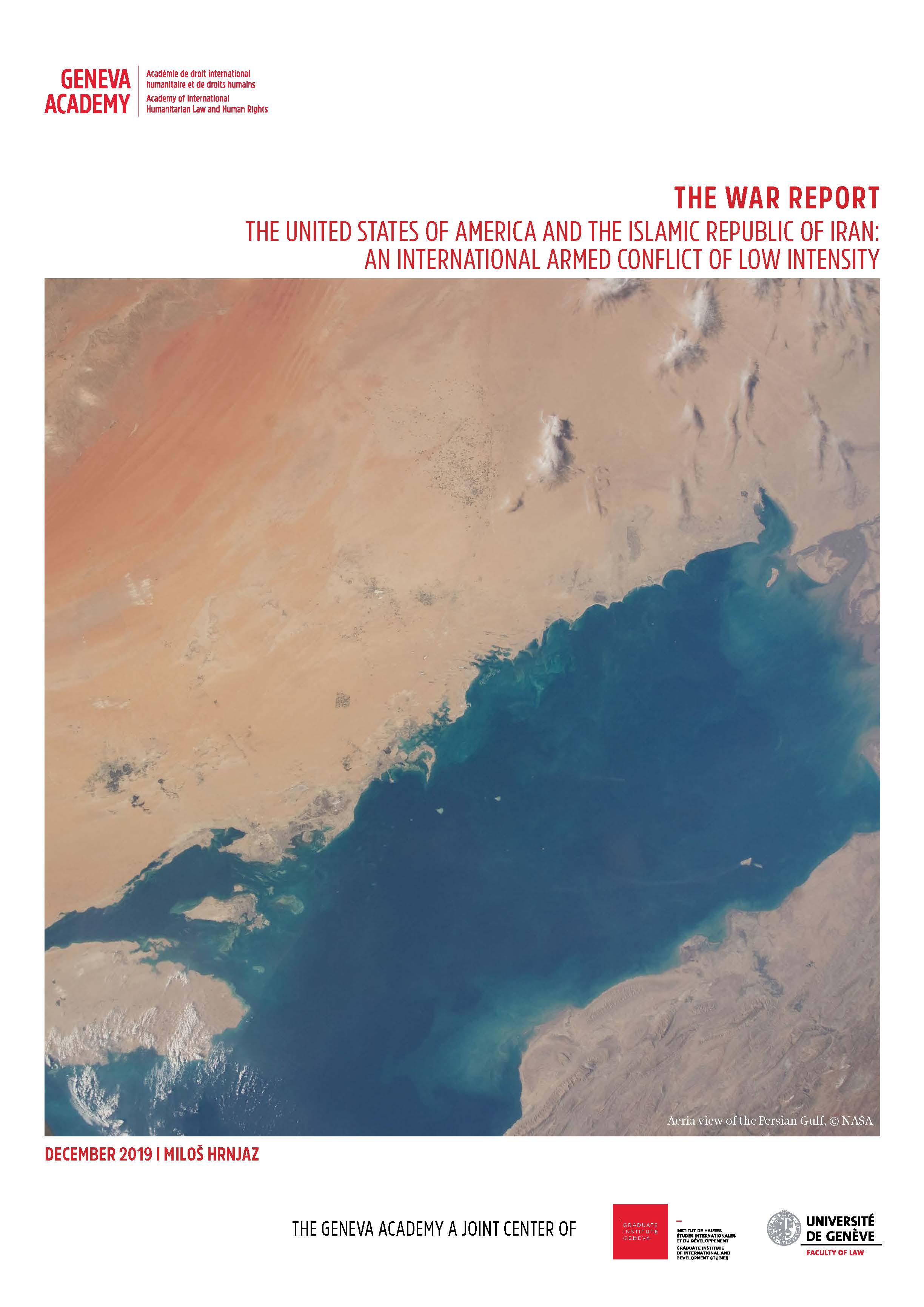
Our new War Report article The United States of America and the Islamic Republic of Iran: an International Armed Conflict of Low-Intensity analyses the June 2019 shooting down by Iran of a United States (US) military drone and the alleged US counter cyber-attack. Written by Miloš Hrnjaz, Assistant Professor of International Law at the University of Belgrade and former Research Fellow at the Geneva Academy, the article details the recent incidents between the US and Iran in the Persian Gulf that culminated in June 2019 and provides a solid background to the overall US-Iran relationship since the beginning of the 20th century.
Read onIraq: An Ongoing Non-International Armed Conflict despite the Claimed Victory against ISIS
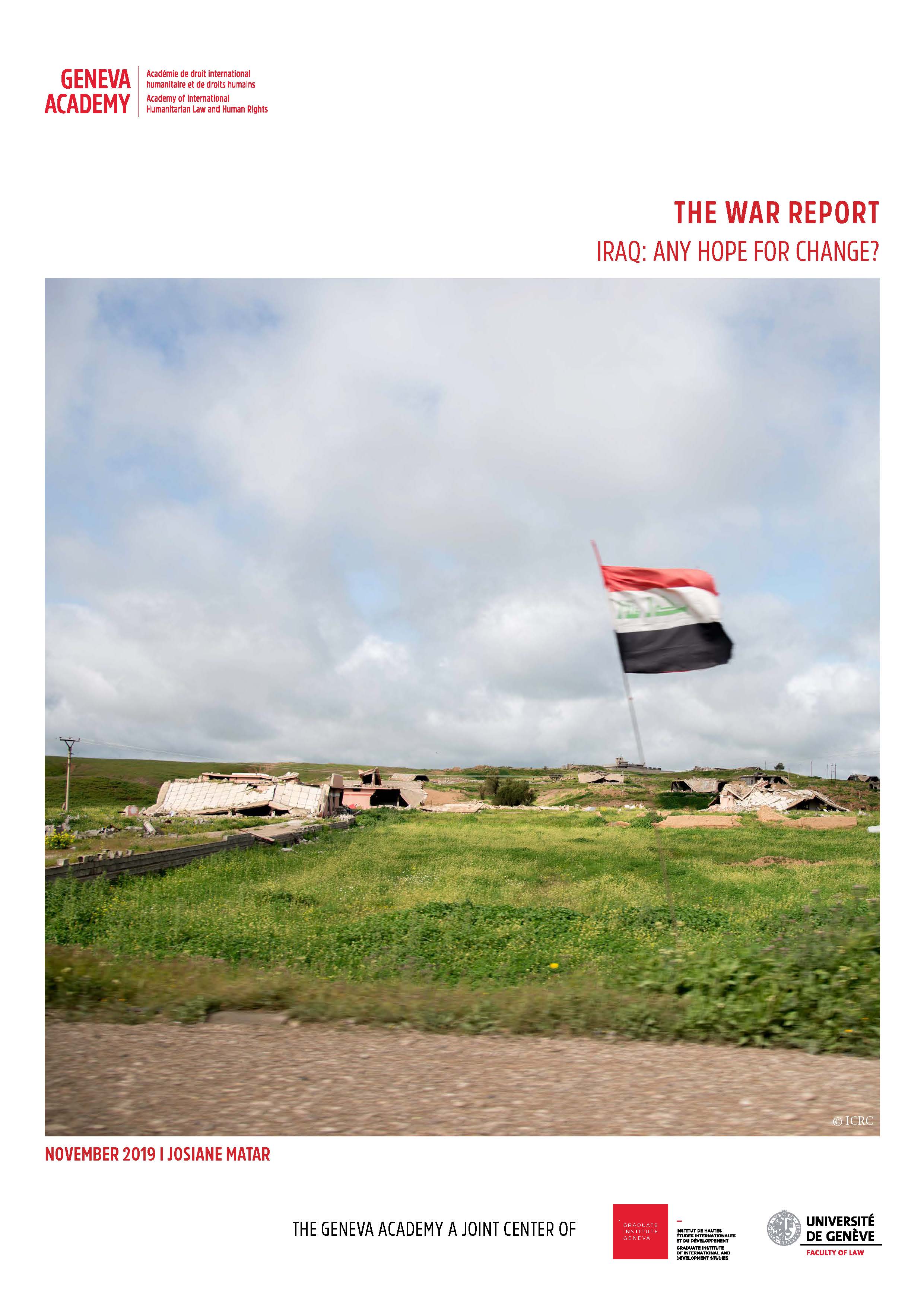
Our new War Report article Iraq: Any Hope for Change? provides an overview of the non-international armed conflict (NIAC) in the country.
Read onNew War Report Article Discusses the Ongoing Armed Violence in Sinai between Egypt and Wilayat Sinai
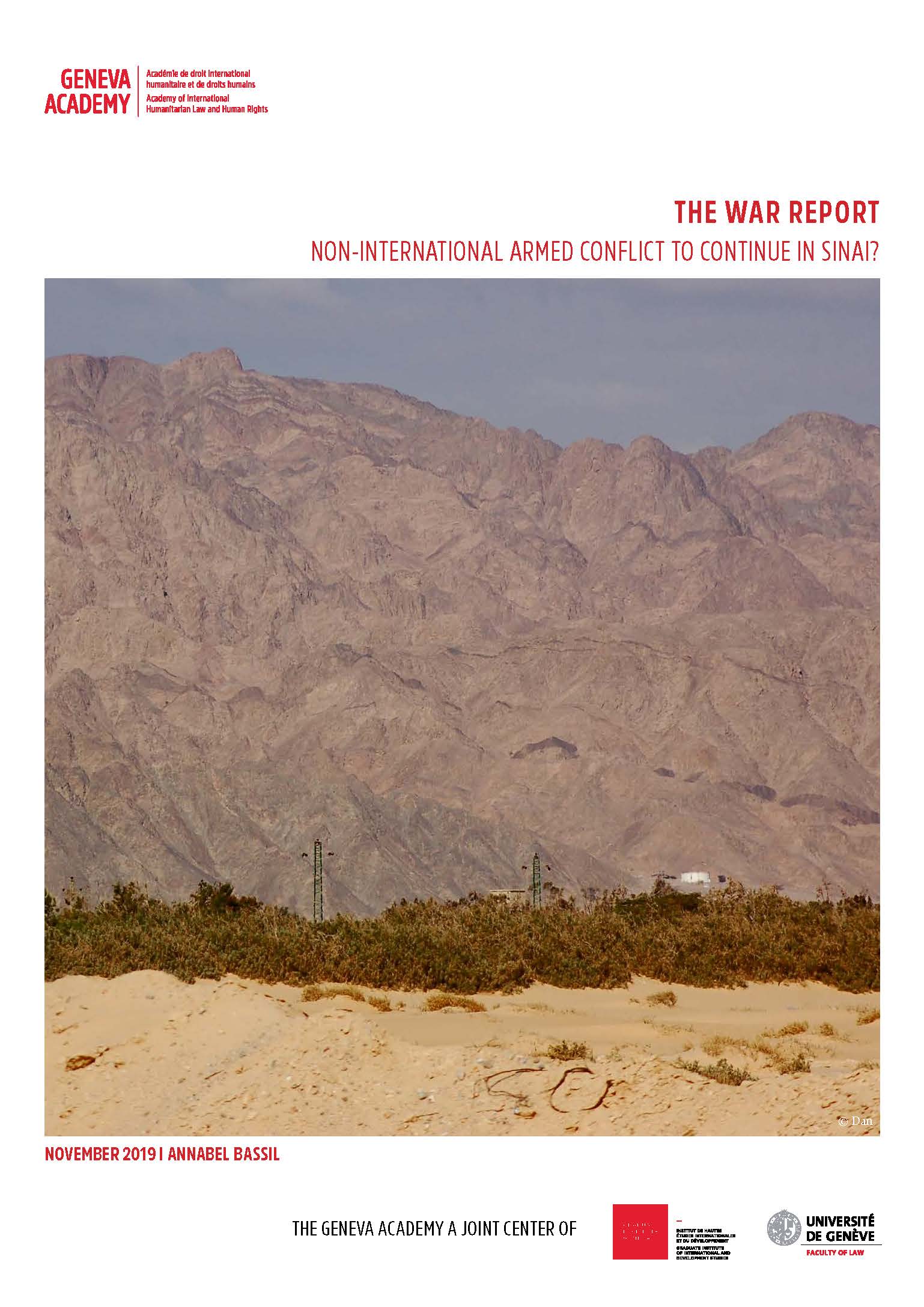
Our new War Report article Non-International Armed Conflict To Continue in Sinai? discusses the non-international armed conflict between Egypt and Wilayat Sinai, an armed non-state actor that has pledged loyalty to the Islamic State group.
Read onSenegal: A Non-International Armed Conflict in Casamance
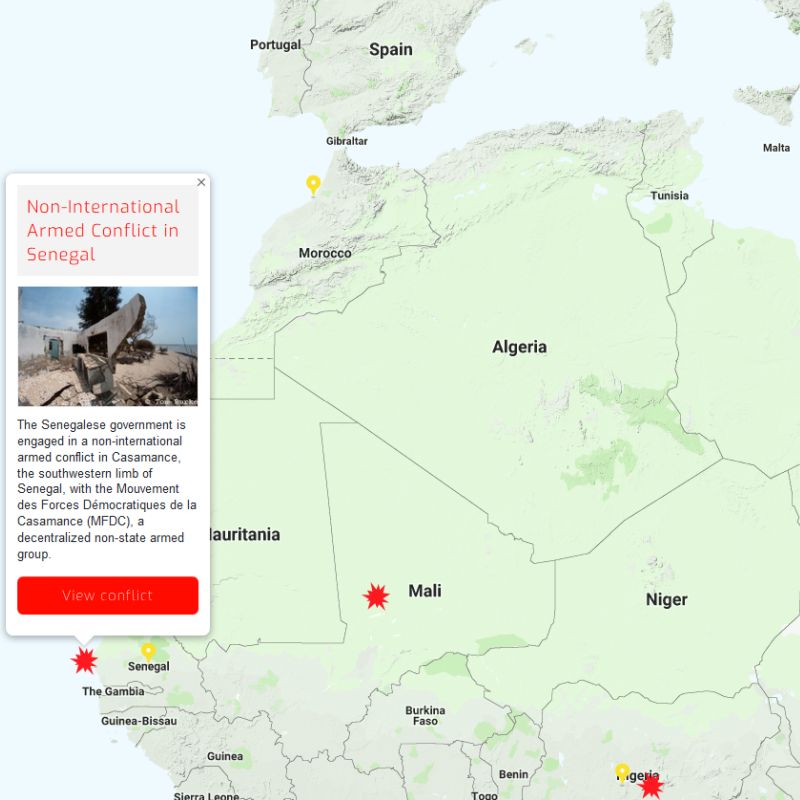
The Senegalese government is engaged in a decades-old non-international armed conflict (NIAC) in Casamance, the southwestern limb of Senegal, with the Mouvement des Forces Démocratiques de la Casamance (MFDC), a decentralized non-state armed group aspiring to complete independence of the region. Our Rule of Law in Armed Conflict (RULAC) online portal provides a detailed analysis and legal classification of this NIAC, including information about parties to the conflict, its classification as a NIAC and applicable international law.
Read onThe War Report: Armed Conflicts in 2018
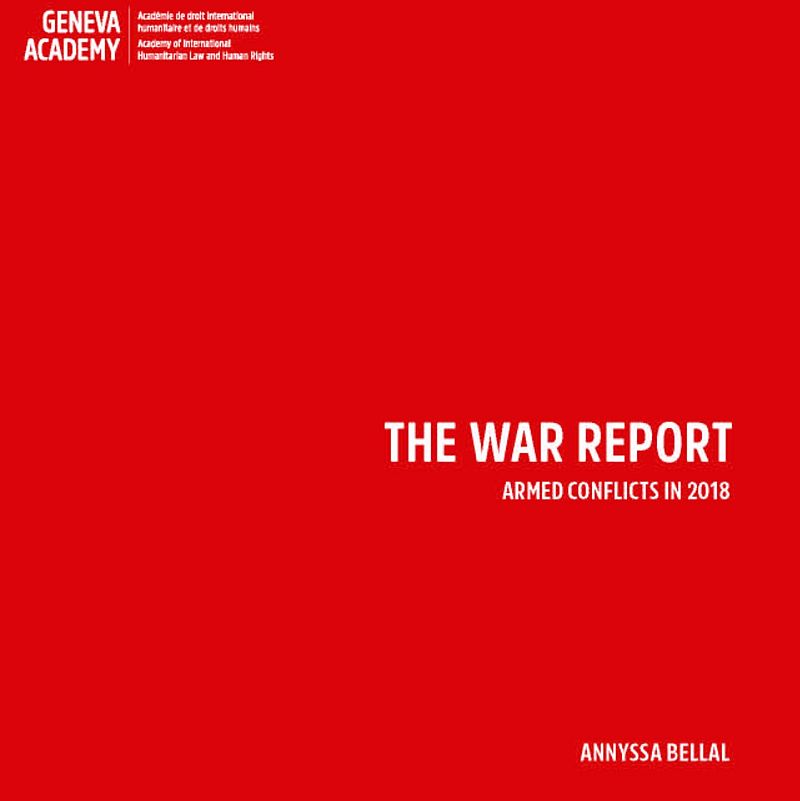
In 2018, 69 situations of armed violence amounted to armed conflicts according to international humanitarian law and international criminal law. The vast majority are non-international armed conflicts, as in preceding years.
Read onIHL Applies to the Armed Confrontations between Mexico and the Jalisco Cartel New Generation
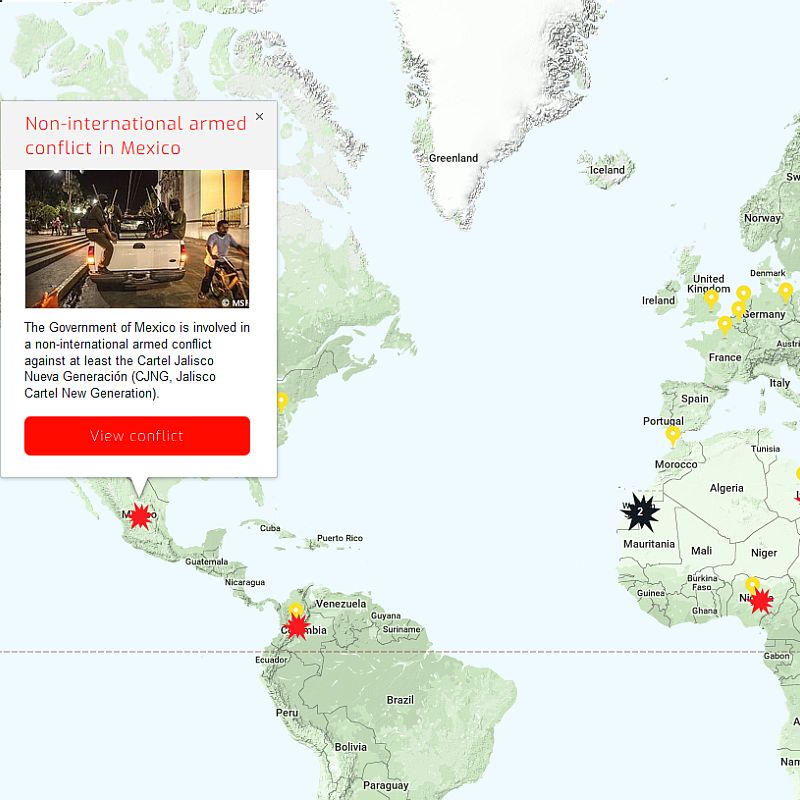
In Mexico, there has been armed violence between the government and a number of cartels, as well as between such cartels over the past decades. In this context, our Rule of Law in Armed Conflict (RULAC) online portal concludes that Mexico and the Cartel Jalisco Nueva Generación (CJNG, Jalisco Cartel New Generation) are parties to a non-international armed conflict (NIAC).
Read on
